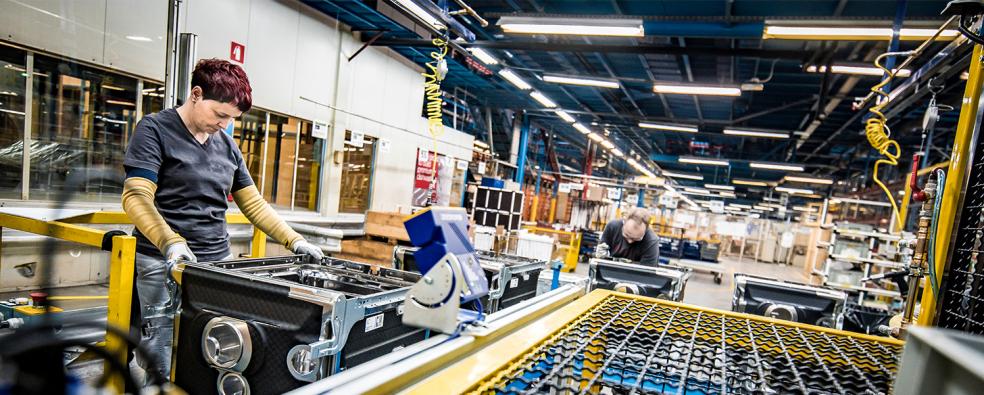As we embark on the journey through the Fourth Industrial Revolution, the manufacturing sector continues to witness the seamless integration of PLCs (Programmable Logic Controllers), automation, and robotics, giving rise to the era of smart factories. Despite PLCs being developed almost six decades ago, their adaptability and efficiency persist alongside cutting-edge technologies.
